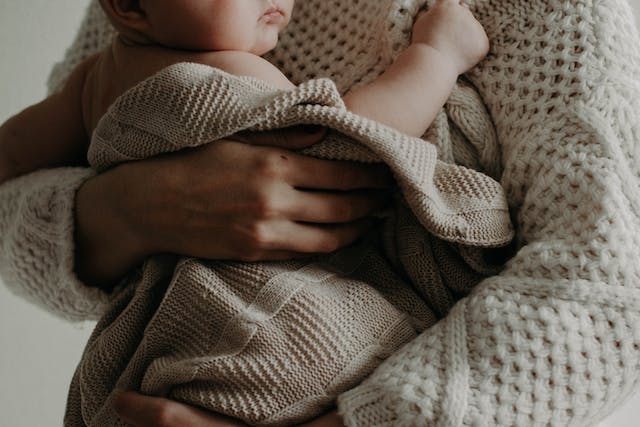
When you have a child with someone, divorcing or separating from that person can be a challenging decision. This is because you must determine how to share custody of the child. For many, this is an incredibly stressful time, especially if you have reason to believe your child should not be in the custody of their other parent. As such, it’s essential to understand why connecting with New Jersey child custody attorneys is critical. The following blog explores sole custody and when the courts could grant this.
When determining a custody arrangement, there are two primary types – physical and legal custody. Essentially, physical custody refers to who is caring for the child at the time, while legal custody regards decisions made for the child, such as medical procedures or schooling. Generally, the courts grant both parents physical and legal custody. In some circumstances, both parents may have legal custody, but because one parent lives further away, the other parent has primary custody of the child, meaning they have the child more than the other.
In rare cases, the courts will order sole custody of the child. Essentially, this means that only one parent will be responsible for making legal decisions for the child or caring for them. When the courts grant sole physical custody to one parent, the other parent may only have visitation with the child. Additionally, getting sole legal custody means you are the only entity that can make decisions on behalf of the child without consulting the other parent.
It’s important to understand that custody decisions are made in the best interest of the child. As such, you will find that the courts will favor granting both parents custody for the child to sustain a relationship with their parental figures.
Generally, the courts will only grant sole physical custody when doing so is in the best interest of the child. They will not grant sole custody to punish the other parent for their petty behavior during the divorce or to deprive the other parent of spending time with the child. This is usually granted in circumstances where the child would suffer physically, emotionally, and mentally when in the custody of their other parent. This includes, but is not limited to, the following:
You’ll need to provide evidence to support the claim that sole custody is in the best interest of the child. This could include medical records showing injuries consistent with abuse, police reports, and text messages.
Unfortunately, this is often an incredibly challenging time. Because the health and safety of your child is on the line, connecting with an experienced attorney is critical. At Haber Silver Russoniello & Dunn, we understand how upsetting it can be to know there’s a possibility of your child being in the care of an unfit parent. As such, our team will work to fight for the best possible outcome for your unique circumstances. Contact us today to learn how we can assist you through these challenging times.
© 2025 Haber Silver Russoniello & Dunn. All rights reserved.